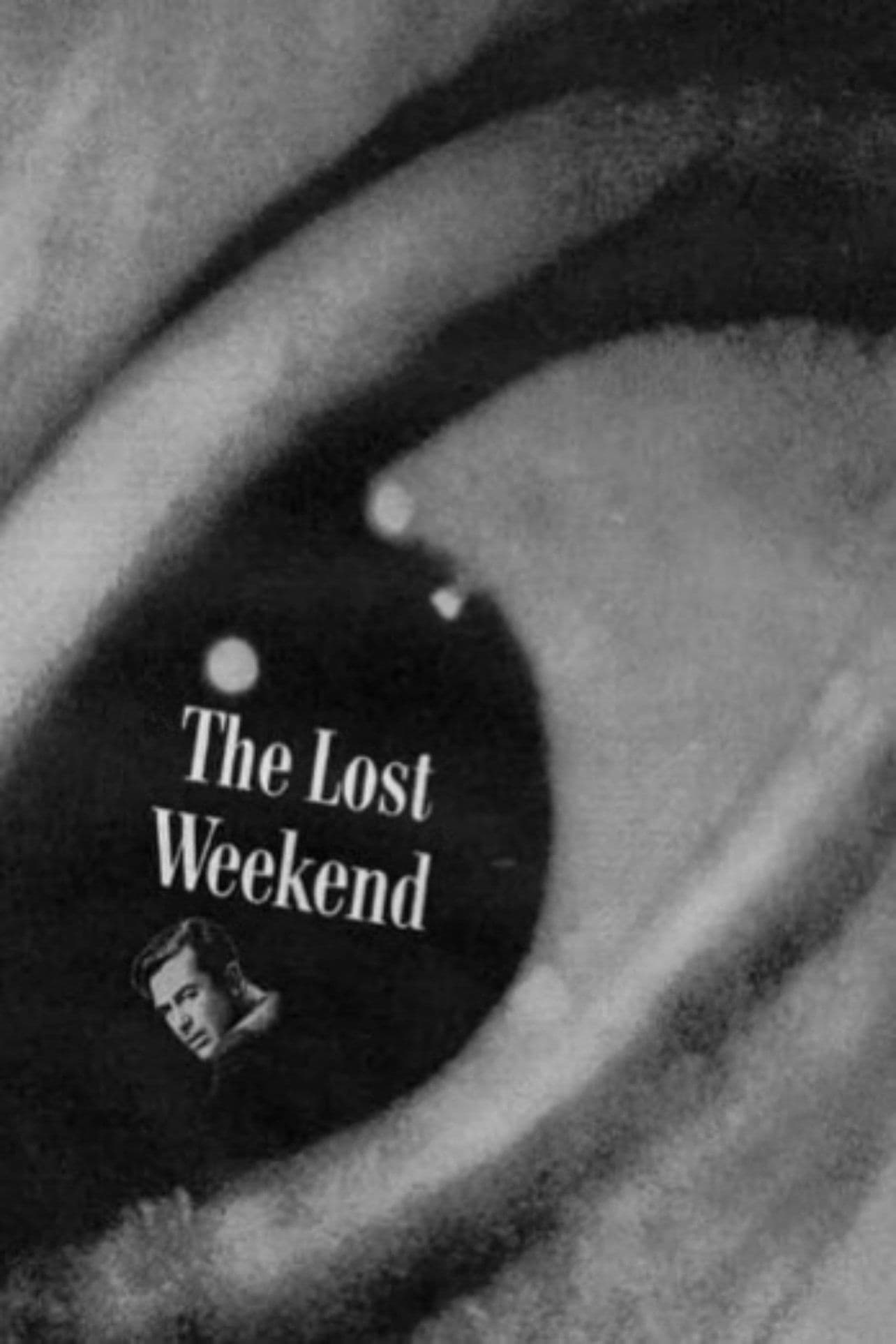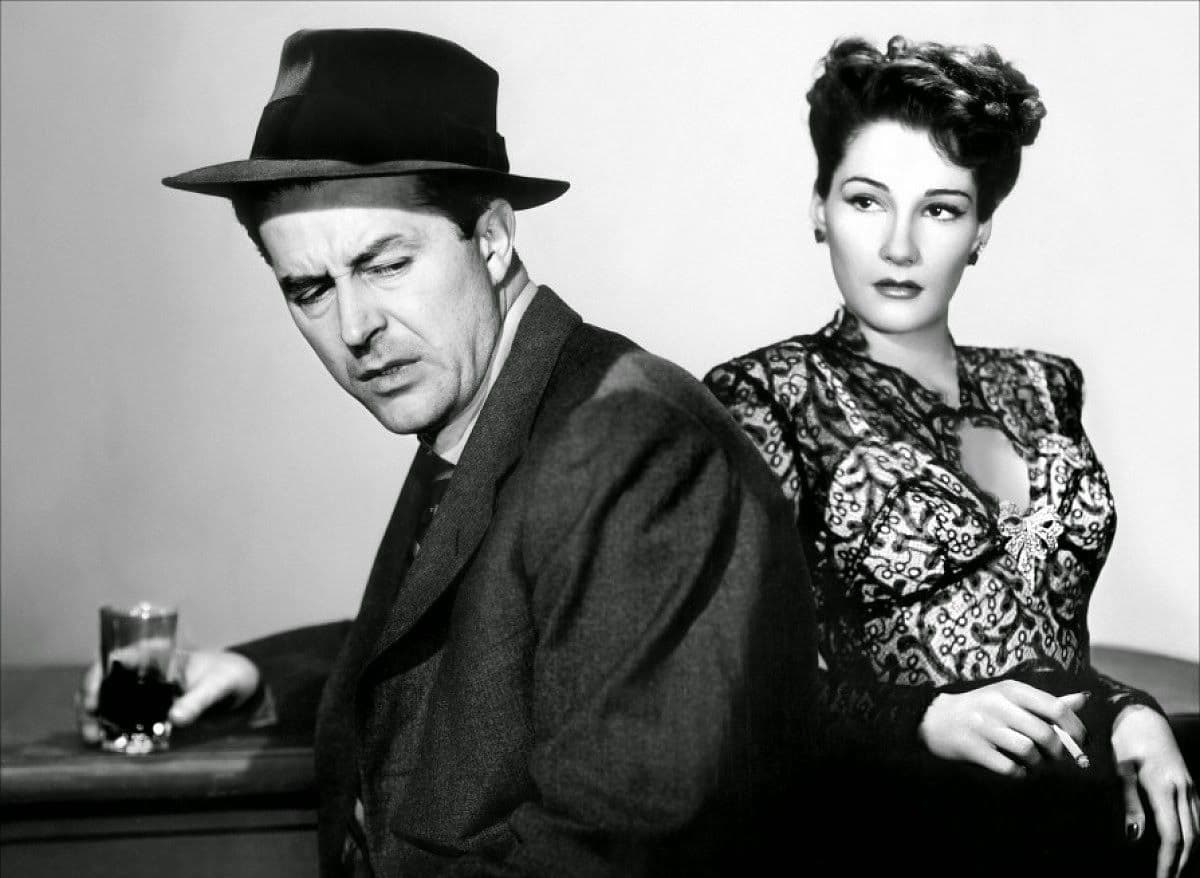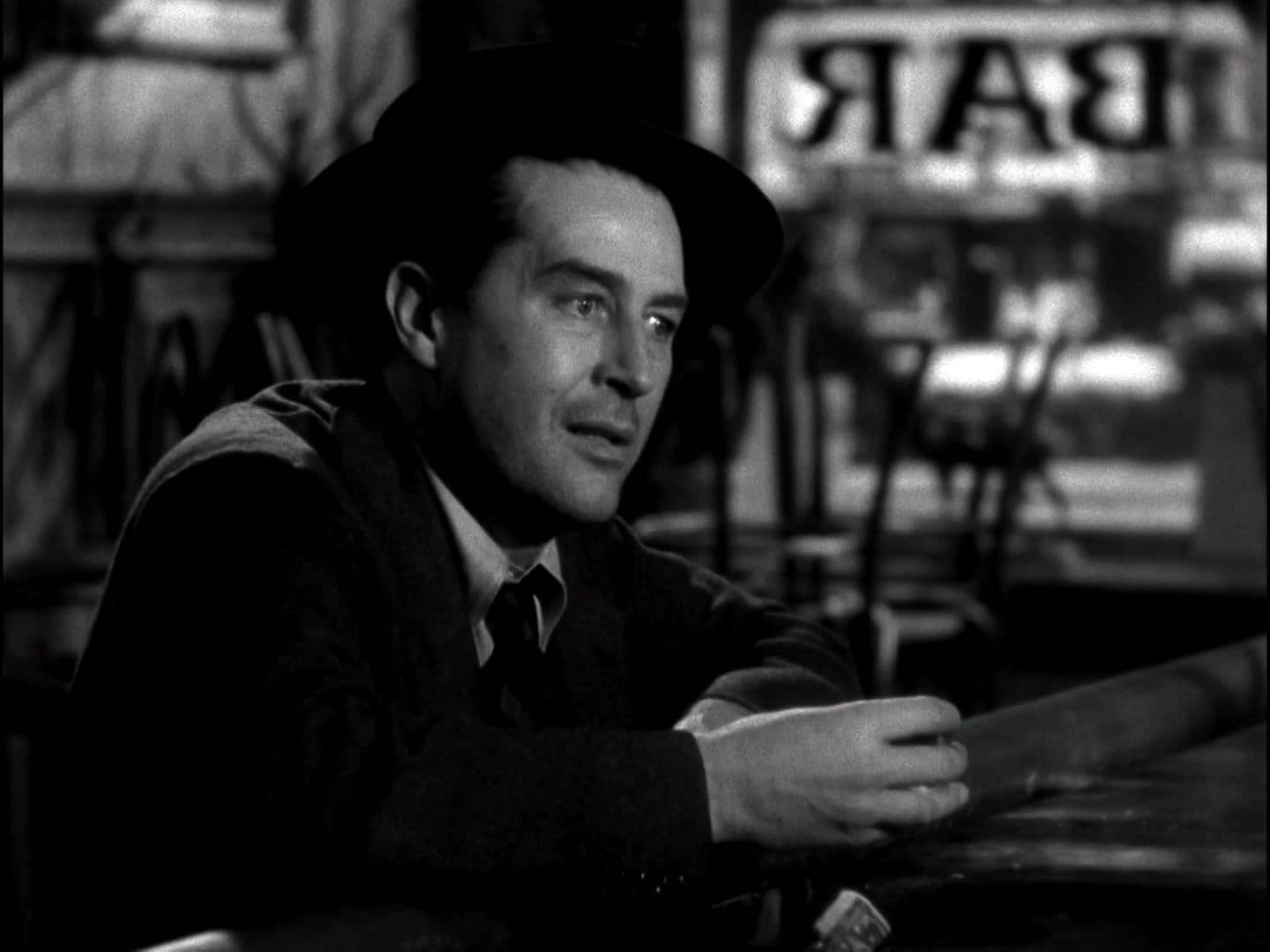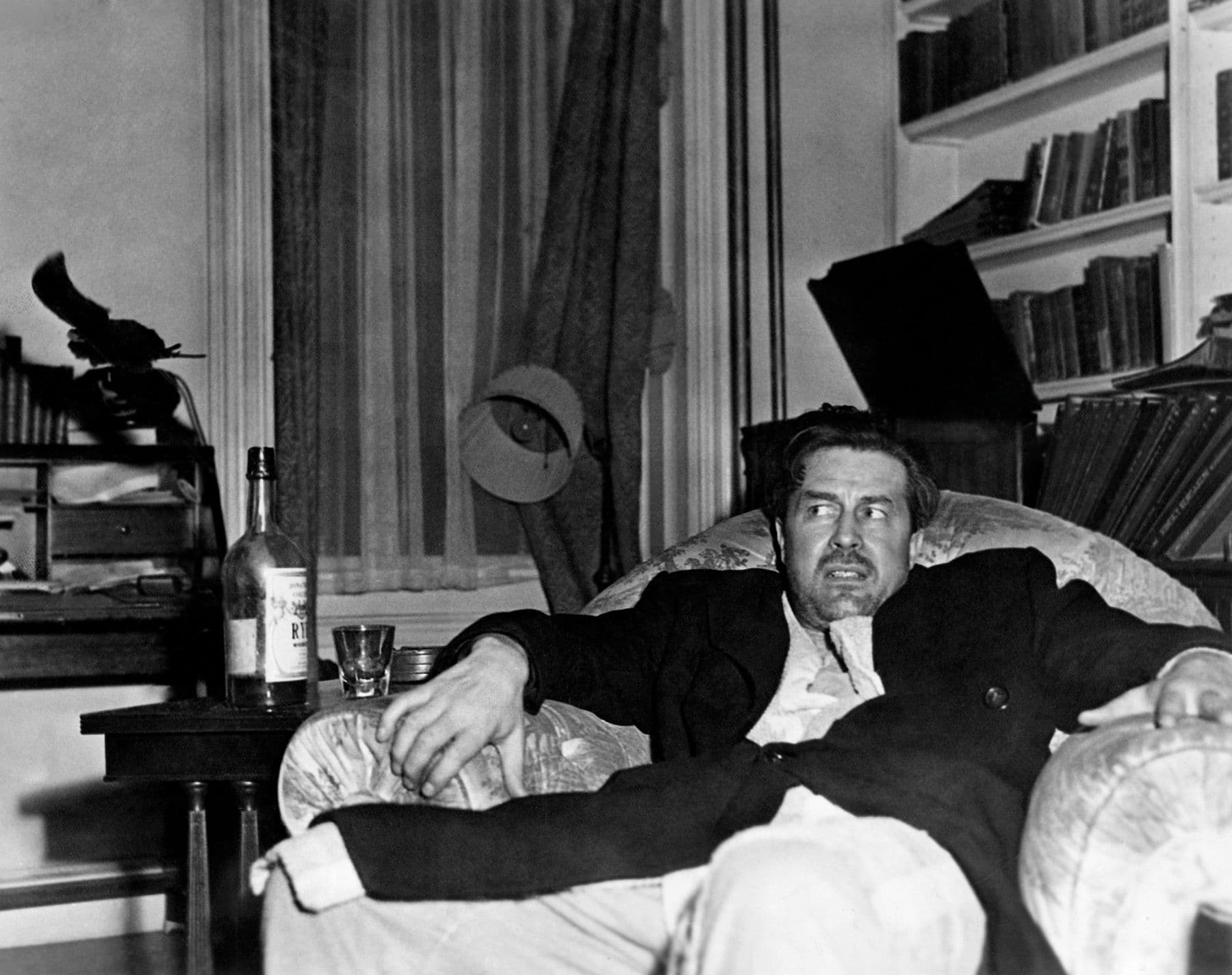
The Lost Weekend
1945
Rate this movie
Average: 0.00 / 5
(0 votes)
Director
A work on the perdition of a man: thus could this latest proof of the genius of an eclectic and never predictable director be concluded.
Billy Wilder, a refined and profound intellectual, in this way sought to graft some of the restless, shadowy, and oblique spirit, typical of European art, into the feel-good machinery of Hollywood. And it was no small feat, considering the hegemony of a Hays Code that sought to sugarcoat the harsh realities of existence. Wilder, a Viennese Jew who fled Nazism, carried with him cultural baggage rich in Freudian psychoanalysis and an intellectual cynicism that ill-suited Hollywood illusions, and The Lost Weekend is its frontier, its breaking point, a drama that transcends mere social intent to become an abyssal exploration of self-destruction.
The story is that of a writer struggling with lack of output who sinks into alcoholism. Don Birnam is not simply an author afflicted by writer's block; he is an archetype of the blocked genius, whose pen has dried up, not from lack of talent, but from the corrosion of the soul. Alcoholism, in his case, is not a marginal vice, but rather the gravitational core around which every aspect of his existence collapses. The descending spiral is not a mere succession of events, but an ontological fall, a methodical disintegration of the person, a one-way journey towards non-existence, which unfolds over a weekend that becomes a metaphor for an entire lost life.
Gradually his life will fall apart with the estrangement of the people who love him, alienation, and exile in a hostile and unknown city. The detachment from loved ones – the caring and overly patient Helen, the brother who desperately tries to help him – is not a simple severing of ties, but a self-isolation that transforms every relationship into a burned bridge. Alienation becomes geographical: New York, the vibrant metropolis, transfigures under his blurred eyes into a Kafkaesque labyrinth, a prison of anonymous streets and dead ends, where every shadow seems to hide a threat, and the city's noise becomes a deafening chorus of his solitude. It is a metropolis that offers no refuge, but mercilessly exposes his vulnerability, transforming the familiar into threatening, the known into terrifying.
It will be his companion who fights with all her might to bring the man back to life. Helen is not a passive figure or a mere catalyst for redemption; she is the true tragic heroine, a modern Penelope who weaves and unweaves the fabric of hope, a powerless witness and at the same time an indomitable bulwark against the rising tide of despair. Her struggle is not only for the man she loves, but against the primordial and destructive force of addiction itself, a battle of will against abandonment, of light against shadow. Her love resists repulsion, lies, degradation, an almost stoic beacon in the toxic fog of dependence.
Splendid performance by Ray Milland, truly an icon of perdition. Ray Milland's performance is not only splendid, but stunning in its brutality and authenticity, so much so that it earned him the Oscar for Best Actor. Milland does not merely act alcoholism; he embodies it, lives it on his own skin, with a dedication that led him to observe patients in psychiatric wards and undergo a drastic diet to accentuate the emaciated and suffering appearance of his Don Birnam. His performance is not a mere representation, but a descent into the inferno of consciousness, an unfiltered portrait of shame, physical and psychological dependence, and delirium. The icon of perdition he sculpts is not static, but dynamic, a vortex of self-destruction that attracts and repels the viewer with equal force, making the inner torment tangible, especially in the famous delirium tremens sequence – a masterpiece of psychological horror that marked an era, with its bats and the mouse emerging from the wall, made even more terrifying by Miklós Rózsa's dissonant and experimental music, which even dared to use the theremin to evoke psychic malaise.
A sumptuous work on the psychological and affective drift of a human being, which reminds us every minute how fragile we are in the face of adversity. This sumptuous work does not merely depict the psychological and affective drift of a human being; it dissects its deepest roots, exploring man's intrinsic solitude, the fallacy of will, and the perversion of desire. Based on Charles R. Jackson's controversial semi-autobiographical novel, at a time when Hollywood tended to sugarcoat or excessively moralize, Wilder and screenwriter Charles Brackett (co-author) had the courage to tackle an uncomfortable theme with an almost documentary frankness, anticipating by decades the raw realism of later works like Days of Wine and Roses or even certain aspects of Trainspotting. The film does not offer easy answers or consolations, but confronts us with human vulnerability, not only in the face of external adversities, but especially in the face of internal demons, making explicit the insidious and self-destructive nature of addiction.
A film as wicked as an insult, as beautiful as a city suspended in fog. It is a film wicked not in the sense of evil, but disturbing, corrosive, that creeps under the skin like a personal affront, shaking certainties and challenging our very capacity for empathy without any indulgence. And yet, it is beautiful, not with a conventional beauty, but with that intrinsic to art which knows how to render abjection sublime, which finds a bitter poetry in the fog of despair. This beauty is that of the purest noir, of an aesthetic borrowed from German Expressionist cinema – Wilder's native country – made of sharp chiaroscuro, distorted perspectives, and claustrophobic atmospheres that reflect the protagonist's tormented mind. A work that not only won four Oscars, including Best Picture, but indelibly etched its mark on cinema history, not as a moralizing warning, but as a suffocated cry, a ruthless investigation into the human condition and its darkest deviations.
Country
Gallery





Featured Videos
Official Trailer
Comments
Loading comments...